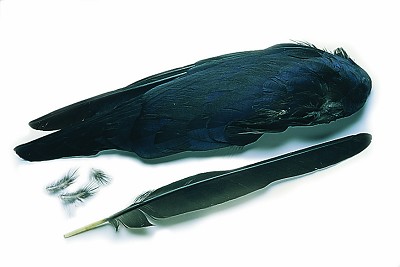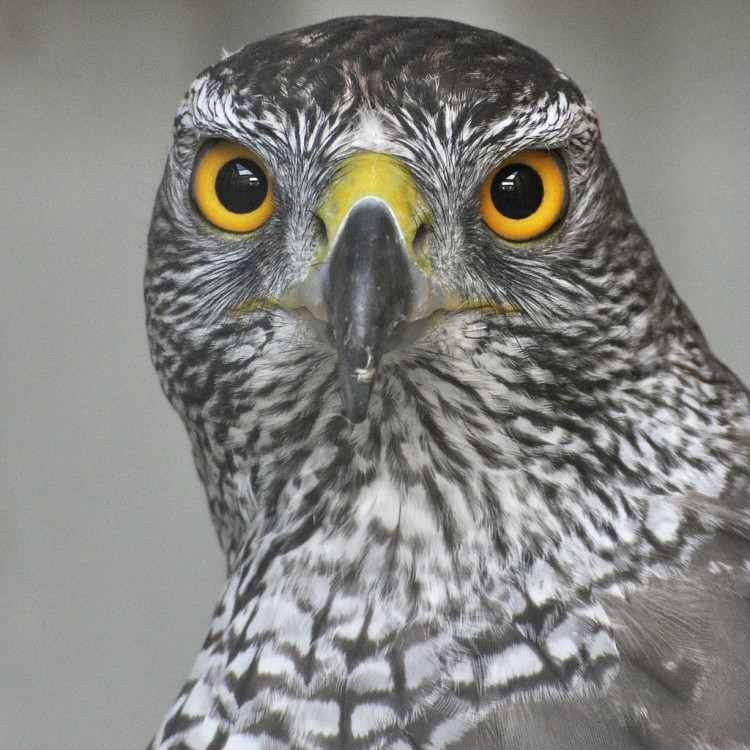Prologue:
 No bag, no camera, a powerful, unfamiliar dog on a leash so the wings, easily two feet across, remained in the grass. Still connected by ligaments, their breadth showed that they had once belonged to an adult. A white gash of spine lingered inside a portion of its entrails now dry from the full measure of the morning’s sun. This the remains of a crow attacked and eaten by an owl or hawk. I would have carried them out and worried over them, trying to understand the violence through the bones and feathers of the dead, trying to imagine that which had been missed. Ted Hughes imagines a part of it for me.
No bag, no camera, a powerful, unfamiliar dog on a leash so the wings, easily two feet across, remained in the grass. Still connected by ligaments, their breadth showed that they had once belonged to an adult. A white gash of spine lingered inside a portion of its entrails now dry from the full measure of the morning’s sun. This the remains of a crow attacked and eaten by an owl or hawk. I would have carried them out and worried over them, trying to understand the violence through the bones and feathers of the dead, trying to imagine that which had been missed. Ted Hughes imagines a part of it for me.
In Ted Hughes’ “Crow Sickened”, Crow, the every-crow consciousness of all Hughes’ Crow poems,
“…dived, he journeyed, challenging, climbed and with a
glare
Of hair on end finally met fear.
His eyes sealed up with shock, refusing to see.
With all his strength he struck. He felt the blow.
Horrified, he fell.”
Suddenly we are inside the moment when Crow understands the jolt of his own death. We are taken inside the awareness of an animal who feels as we do — who challenges, who glares, who fears, who gathers his strength, who understands. The poem describes this animal’s alien sensibility and makes it into our own.
Five Books of the Old Testament make up “Wisdom Literature”, writing meant to show us how to see and live. I would add good poems to that list. This is one reason why: some poems are built like explosions slowed down so much that we can see the center mass that expands and shocks. We can see the rings of pressure slowly reaching outward and coming apart. The moment becomes real in all its particulars. One figure slowed to a clear image, the second the predator strikes the prey, becomes visionary. It expands into multiple images. It wraps us within the point-of-view of Crow. It shows us what we have not seen. It ushers us into something real that we have not witnessed. It breaches the boundary between our humanity and Crow’s inwardness and describes its fall to a dangerous world. It draws out for us the intimacy of Crow’s felt-experience. Good poems let us escape the cramped nature of our small lives, and that can make us wiser. They expand our vision. The more we see, the more likely we will understand.
 Poems chronicle their infinite capacity for transferring to us another’s point-of-view. Hughes, again, in “Hawk Roosting” spins us from prey to predator:
Poems chronicle their infinite capacity for transferring to us another’s point-of-view. Hughes, again, in “Hawk Roosting” spins us from prey to predator:
“I kill where I please because it is all mine.
There is no sophistry in my body:
My manners are tearing off heads –
The allotment of death.
For the one path of my flight is direct
Through the bones of the living.”
This imperious voice — brutal, direct, inhuman — has knowledge of a world right next to our own where manners are turned downside-up and power, force and ruthlessness are the supreme virtues. Hawk will not lie nor try to convince anyone of anything. Hawk is pure action and pure motive.
From the window of my home I have seen a Cooper strike a Flicker, stand astride him, talons fixed in its struggling body, and look out and around with a breathtaking arrogance. “Hawk Roosting” invests that memory with a dramatic precision. Good poems create a voice that exists only in the poem and in our imaginations and nowhere else but which hums with a truth more real than mere biology.
Goshawk by Garry Corbett